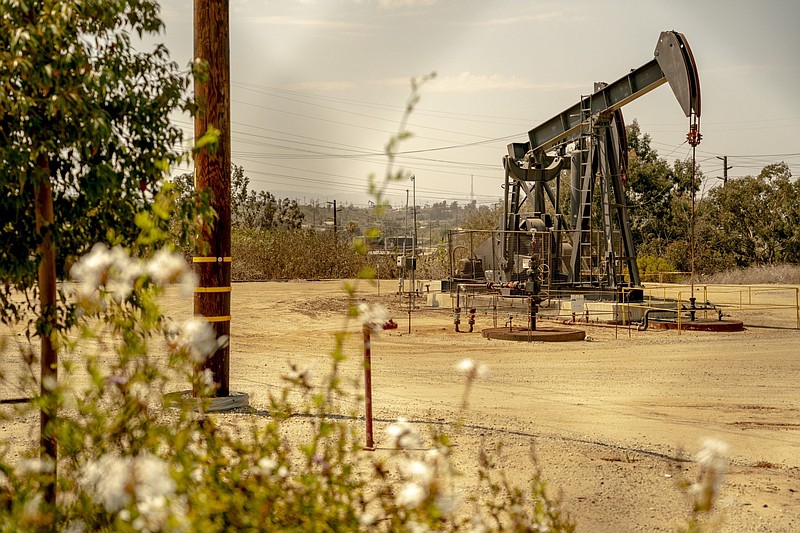Global oil markets are set to "tighten significantly" unless the OPEC Plus alliance resolves its standoff and agrees to increase production, the International Energy Agency warned.
Deadlocked by a dispute between Saudi Arabia and the United Arab Emirates, OPEC Plus is set to keep output levels unchanged next month even as fuel consumption bounces back from the pandemic and summer driving demand peaks.
The group's impasse threatens to inflict a "deepening supply deficit," with "the potential for high fuel prices to stoke inflation and damage a fragile economic recovery," the energy agency said in its monthly report. Brent crude is trading close to a two-year high above $75 a barrel.
OPEC and its partners had been gradually restoring the vast quantities of oil production they shuttered during the pandemic, but the spat between the two Middle East nations -- centered around the output quota of the UAE -- is holding up the process.
Their standoff holds at a particularly inopportune moment, the agency report shows. The oil inventory glut that grew during the pandemic has cleared, and stocks are now below average levels. Meanwhile, world demand is set to rebound by a vigorous 5.4 million barrels a day this year from the unprecedented slump seen in 2020.
"Robust global economic growth, rising vaccination rates and easing social distancing measures will combine to underpin stronger global oil demand for the remainder of the year," said the Paris-based agency, which advises most major economies.
OPEC Plus was on the cusp of approving a plan to revive output in monthly installments of 400,000 barrels a day through to late 2022. The group's talks broke down on July 5 after a third attempt to find an agreement, and despite mediation efforts the deal remains in limbo.
With August sales fixed and most Persian Gulf countries preparing for an Islamic holiday, the discussion will have shifted to September supply volumes by the time the coalition reconvenes, delegates said.
Even if OPEC Plus clinches an accord, the agency's report shows that the 400,000 barrel-a-day output increase under consideration will fall far short of consumers' needs.
The 23-nation OPEC alliance pumped 40.9 million barrels a day in June, the agency estimates. Even if OPEC Plus proceeds with increases planned for this month, its output will still be significantly below the 43.45 million a day the agency projects will be required from the cartel in the second half of the year.
That could cause inventories to dwindle further. Oil stockpiles in developed nations already are 10.8 million barrels below the average level of 2015 to 2019, the agency said. They had been roughly 250 million barrels above average at the peak of the glut last summer.
Prices have remained volatile since the OPEC Plus clash as traders grapple with an alternative outcome, in which the group descends into another price war like the one seen in early 2020.
"The possibility of a market share battle, even if remote, is hanging over markets," the agency said. Whatever the eventual result, the volatility buffeting markets in the meantime isn't "in the interest of either producers or consumers," it warned.
